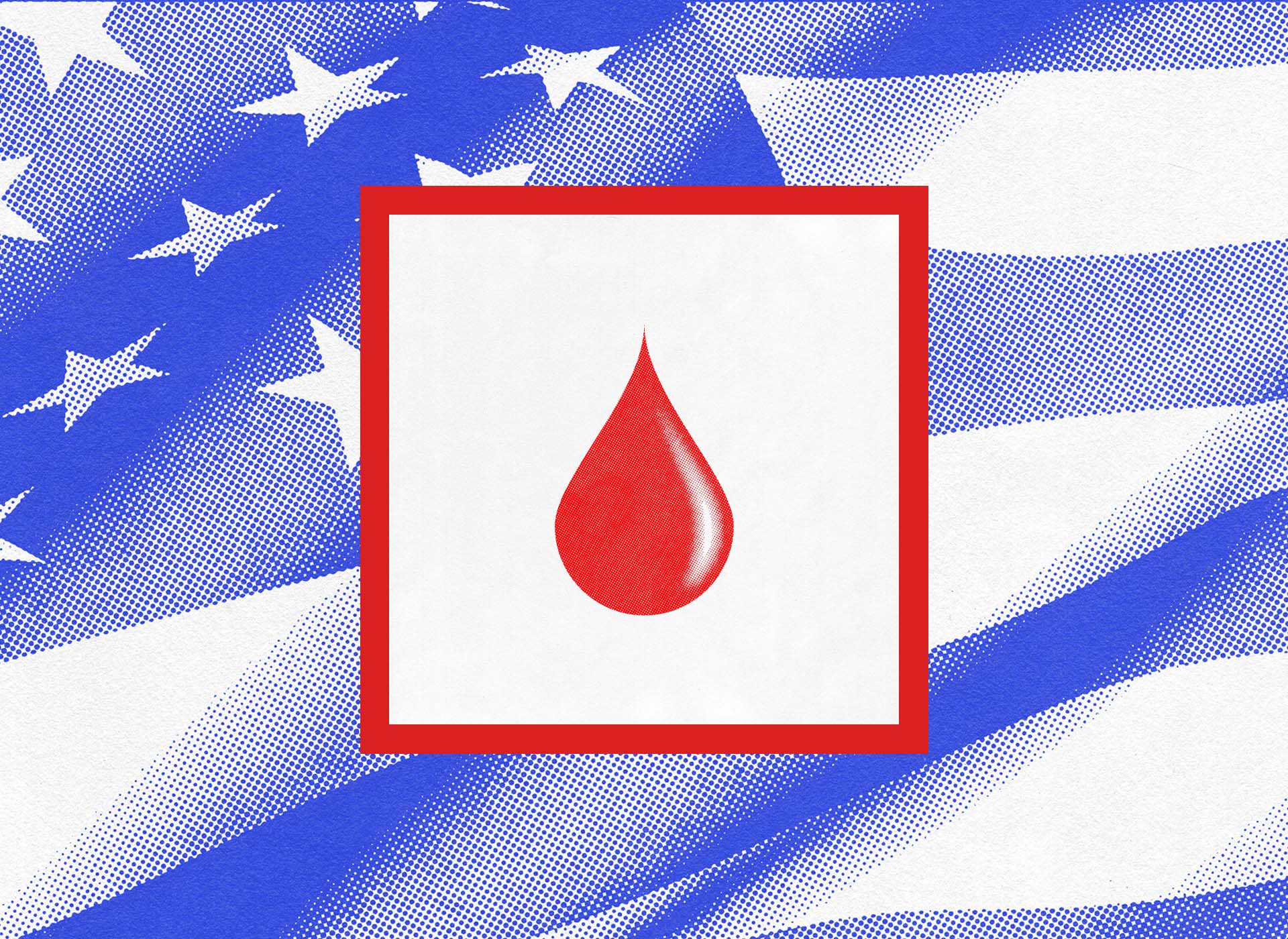
The Great American Blood Shortage
Since the onset of the Coronavirus pandemic, America’s blood supply has taken a dramatic hit
At college campuses and public events across the nation, American Red Cross blood drives collect nearly 40% of the nation’s blood. At the start of the pandemic, these platelet harvesting sites experienced shutdowns due to Covid-19 protocols. Inevitably, the blood supply went down with the lock downs. And, unfortunately, donor numbers have yet to fully recover, and the nationwide blood deficit has continued to snowball.
The need for blood donations following the devastating tornadoes over the past weekend has put the spotlight on the shortages. Hospitals across Tennessee have been continuously stressing the severity of the blood supply deficit since the summer. Even before the severe storms of December 11th hospitalized numerous Tennesseans, doctors in major hospitals across the state preemptively outlined contingency plans for blood rationing if their supplies ran low.
It’s Not Just About Donations
At this point, the problem has shifted from just being a low supply problem to being a low supply and high demand problem. During the pandemic, elective surgeries were postponed due to hospital capacity, staffing, and precautions. This led to an elective surgery surge when hospitals began to allow them again. An uptick of cancer patients and other patients is also contributing to the increased demand as people are back to attending regular checkups with their doctors and receiving diagnoses.
Blood Transfusion Hang-Ups
As it turns out, Covid-19 has diminished people’s already low comfort level with donating blood and receiving blood transfusions. As far as receiving blood goes, respiratory viruses—including Coronavirus—are not currently known to be spread through blood transfusions. It’s also worth noting that there are no documented cases of Covid-19 that have been transmitted through transfusions. Additionally, a study conducted in April 2021 concluded that any risk of contracting Coronavirus through a transfusion is negligible.
That being said, now deep into the pandemic’s vaccination era, some unvaccinated patients are wary of receiving a blood transfusion from vaccinated donors. Of course, this is a more nuanced obstacle to hurdle. Typically, the blood received by during transfusions only contains red blood cells—not antibodies and white blood cells—as explained by Professor of medicine and Johns Hopkins infectious disease expert, Dr. Shmuel Shoham, That said, the American Red Cross donor guidelines still require patients who received vaccinations and boosters to provide the name of their vaccine/booster manufacturer.
No Positive Effects, Either
Just as Covid-19 is not known to be transmitted via blood transfusions, there is no documented benefit from receiving a blood transfusion from a person who has Covid-19 antibodies. Toward the beginning of the pandemic, plasma from donors who had Covid-19 immunity (plasma is made up of proteins, hemoglobin, and other components that are separated from red blood cell transfusions) were thought to have the potential of helping combat the viral load of Covid-19 patients. The push for plasma donations from those who had Covid-19 antibodies was abandoned with the conclusion that plasma transfusions had no detectable benefits. Though, plasma with antibodies does help when used therapeutically during the early onset of Covid-19 symptoms (similar to the therapeutic use of monoclonal antibodies outlined in this Pamphleteer article), prioritizing the practice in hospitals where patients are most likely experiencing severe symptoms was found to be impractical.
There Truly is a Dire Need for Blood in Tennessee
When all is said and done, donating your blood in this time of great need will absolutely help save a life. If you’d like to donate blood, you don’t have to go to a blood bank and wait. Instead, you can set up an appointment with Blood Assurance. All blood donated through Blood Assurance stays within the state.
Noteworthy
Depending on the timing, you can also do a quick google search and see if any donation drives are doing giveaways. The American Red Cross has been doing raffles, giving away gifts cards, and more for donating.
